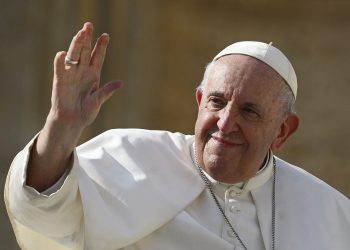Indian Prime Minister-elect Narendra Modi is set to take oath of office for his third consecutive term on June 9 with leaders from the neighbouring countries invited to attend the swearing-in ceremony.
Many leaders will attend Modi’s oath-taking ceremony including Bangladesh Prime Minister Sheikh Hasina, Sri Lankan President Ranil Wickremasinghe, Bhutan’s PM Tshering Tobgay and Nepal’s premier Pushpa Kumar Dahal “Prachanda”.
In this regard, special security measures have been taken for the foreign dignitaries attending Modi’s ceremony to avoid any untoward incident, reported The Hindu.
Several other leaders including United States President Joe Biden, British PM Rishi Sunak and French President Emmanuel Macron congratulated the Indian leader on being elected as the country’s premier.
Modi, a populist who has dominated Indian politics since coming to power in 2014, has for the first time needed the support of regional allies as Bharatiya Janata Party (BJP) secured 240 constituencies, falling short of winning the majority of 272 constituencies.
Two allies in Modi’s National Democratic Alliance coalition, the Telugu Desam Party, a key regional player in the southern state of Andhra Pradesh, and the Janata Dal (United) which rules the northern state of Bihar, pledged their support.
No official congratulations from Pakistan
On the other hand, Prime Minister Shehbaz Sharif has not yet congratulated Modi on winning the elections.
Foreign Office spokesperson Mumtaz Zahra Baloch, during a media talk, was asked if Pakistan has officially congratulated Modi on his elections as the PM and the country’s take on the Indian elections.
“It is the right of the people of India to decide about their own leadership. We do not have any comments on their electoral process. Regarding your first question, I think this question is premature. As far as I understand, the process of formation of government is ongoing,” said Baloch.
To another query, the spokesperson said that Pakistan has always desired cooperative relations with all its neighbours including India. “We have consistently advocated constructive dialogue and engagement to resolve all outstanding issues, including the core dispute of Jammu and Kashmir,” she said.
“However, India’s actions of August 5, 2019, in IIOJK have vitiated the bilateral environment. We have also observed an increase in vitriolic rhetoric against Pakistan, especially during the recent electoral campaign in India,” added Baloch.

















































